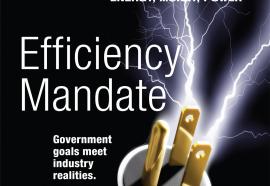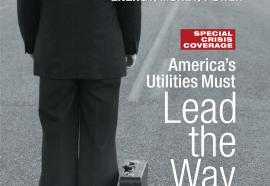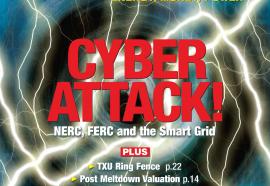Smart Grid: Wholesale Market Realities
Granular customer data will revolutionize megawatt markets.
Advanced metering and other smart technologies will allow more granular monitoring of conservation efforts, making them highly predictable for resource planning and system dispatch. Eventually, the smart grid will erase distinctions between wholesale and retail markets.










